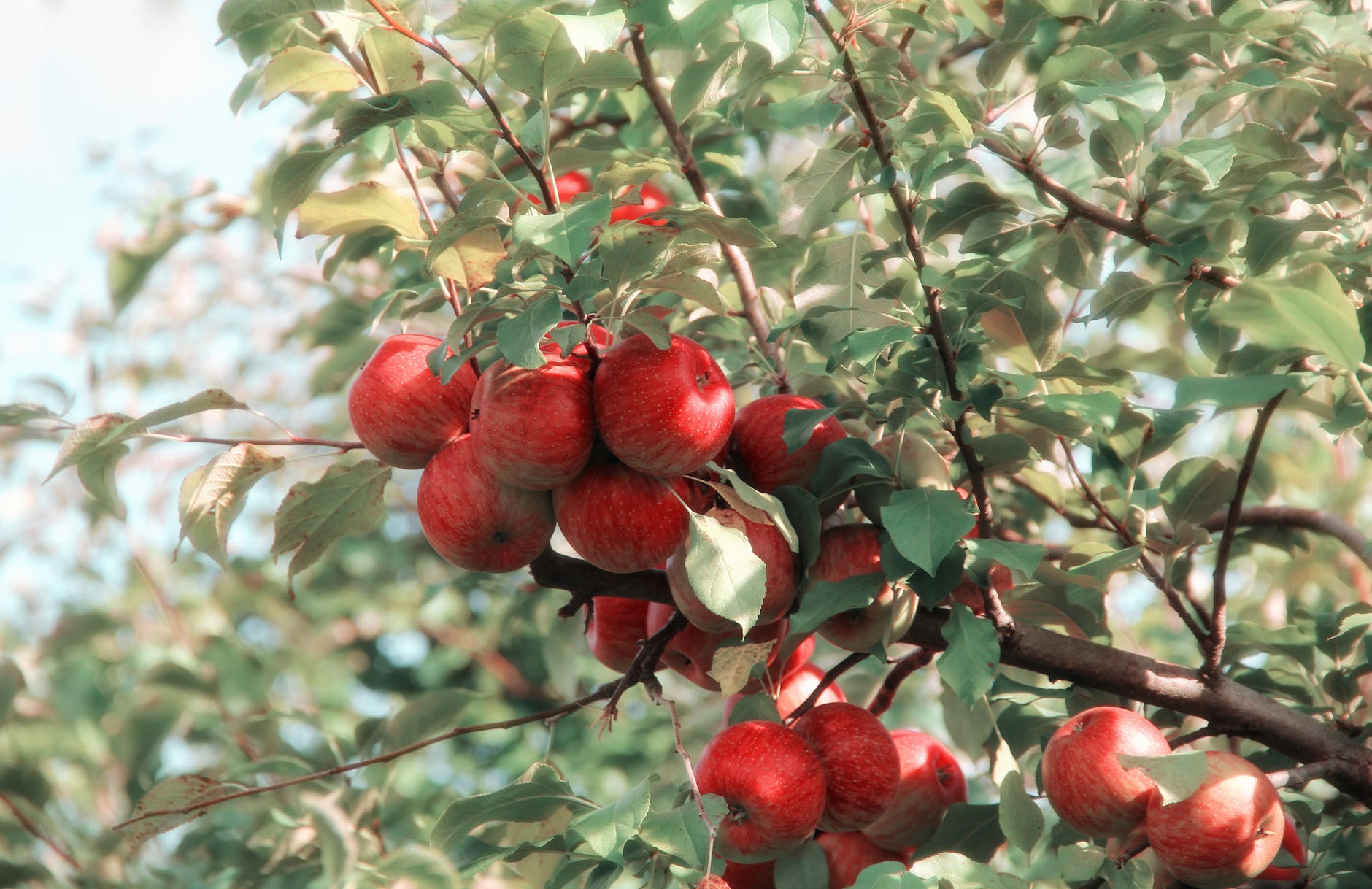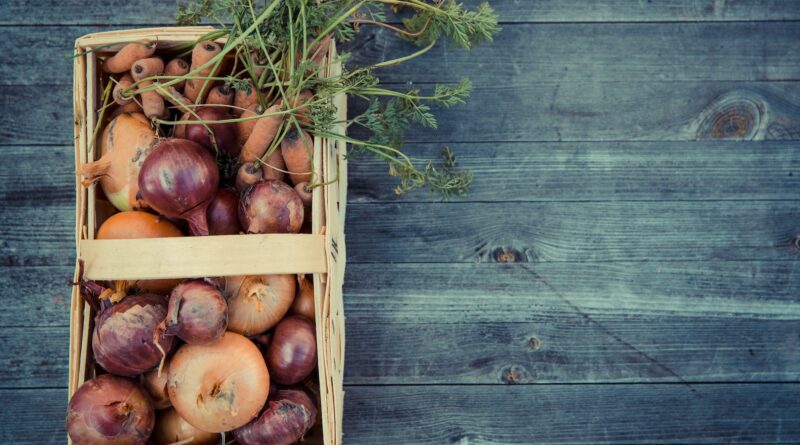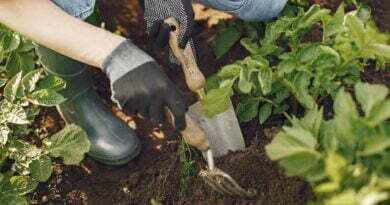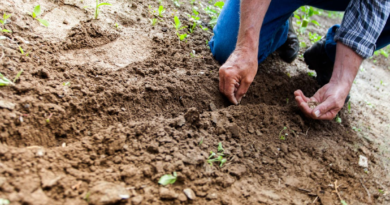Allotment Gardeners Seasonal Tasks: What to Do in Spring, Summer, Autumn, and Winter
Allotment gardening is a year-round commitment, and each season brings with it its own set of tasks and challenges. Let’s take a closer look at what you need to do during each season.
Spring:
Spring is the season of new beginnings, and for allotment gardeners, it’s a time to prepare for the growing season ahead. Here are some of the key tasks to tackle in spring:
- Soil preparation: Before you start planting, it’s important to prepare your soil. This involves removing weeds, breaking up compacted soil, and adding organic matter like compost or manure. You can also test the soil’s pH level and nutrient content to ensure that it’s suitable for the crops you want to grow.
- Planting: Spring is the time to start sowing seeds for many vegetables, such as peas, spinach, lettuce, and radishes. You can start seeds indoors or in a greenhouse if the weather is still too cold outside.
- Pest control: Pests like slugs and snails can wreak havoc on your garden, so take steps to prevent them from damaging your crops. Use slug traps or copper tape around the perimeter of your beds to keep them at bay.
- Watering: Spring can be a dry season, so be sure to water your plants regularly, especially if there hasn’t been much rainfall.
Summer:
Summer is the time of year when your garden will be at its most productive. Here are some of the key tasks to tackle during the summer months:
- Harvesting: Many crops will be ready for harvesting in the summer, including tomatoes, cucumbers, beans, and peppers. Be sure to pick your crops regularly to encourage further growth.
- Watering: Summer can be a hot and dry season, so be sure to water your plants regularly. Water in the early morning or late evening to avoid evaporation.
- Weeding: Weeds can quickly take over your garden if left unchecked, so be sure to pull them out as soon as you spot them.
- Fertilising: To keep your plants healthy and productive, it’s important to fertilise them regularly with a balanced fertiliser.
Autumn:
Autumn is a time of transition, as the weather starts to cool down and the days get shorter. Here are some of the key tasks to tackle in the autumn months:
- Harvesting: Many crops will continue to produce well into the autumn, including pumpkins, squash, and root vegetables. Be sure to harvest them before the first frost.
- Cover crops: Planting cover crops like rye or clover can help to improve soil fertility and prevent erosion over the winter months.
- Clean-up: Remove any dead plants, leaves, or debris from your plot to prevent diseases from spreading. This will also make it easier to prepare your plot for the following year.
Winter:
Winter is the time of year when your garden is at rest, but there are still some tasks you can perform to prepare for the next growing season. Here are some of the key tasks to tackle during the winter months:
- Planning: Use the winter months to plan next year’s garden. Consider what worked well and what didn’t, and make a plan for crop rotation and companion planting.
- Composting: Winter is a great time to start a compost pile, as the materials will break down slowly over the winter months and be ready to use in the spring.
- Tool maintenance: Use the winter months to clean and maintain your gardening tools, so they’ll be ready to use when the growing season begins again.
Allotment gardening requires year round dedication and hard work, but the rewards are well worth it. By following the seasonal tasks outlined above, you can ensure that your garden is productive and healthy throughout the year. Remember to take advantage of the unique opportunities that each season presents, from planting seeds in the spring to harvesting crops in the summer and fall, and using the winter months to plan and prepare for the year ahead.

What is the best time to start preparing my allotment for the growing season?
The best time to start preparing your allotment for the growing season is in the spring. This is when you should begin removing weeds, breaking up compacted soil, and adding organic matter like compost or manure. You can also test the soil’s pH level and nutrient content to ensure that it’s suitable for the crops you want to grow.
What vegetables should I start sowing in the spring?
In the spring, you can start sowing seeds for many vegetables, such as peas, spinach, lettuce, and radishes. You can start seeds indoors or in a greenhouse if the weather is still too cold outside.
How often should I water my plants during the summer months?
During the summer months, you should water your plants regularly, especially if there hasn’t been much rainfall. Water in the early morning or late evening to avoid evaporation.
What should I do with my garden in the autumn?
In the autumn, you should continue to harvest crops that are still producing, such as pumpkins, squash, and root vegetables. You can also plant cover crops like rye or clover to help improve soil fertility and prevent erosion over the winter months. Be sure to remove any dead plants, leaves, or debris from your plot to prevent diseases from spreading.
What should I do with my garden during the winter months?
During the winter months, you can use the time to plan next year’s garden, clean and maintain your gardening tools, and start a compost pile. By doing so, you’ll be ready to hit the ground running when the growing season begins again in the spring.
Allotment gardening is a rewarding and fulfilling hobby that can bring a range of benefits to both your physical and mental health. Whether you’re a seasoned gardener or just starting out, there’s always something new to learn and discover about this timeless pastime.




